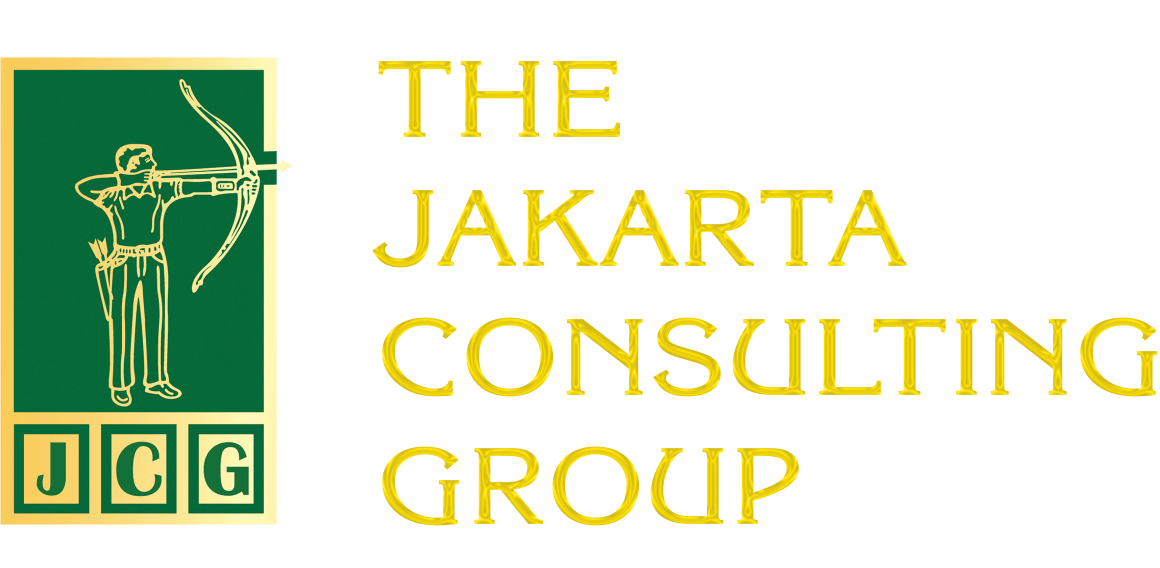One of the main reasons why new hires fail is often not a lack of technical skills, but rather a work culture mismatch-or culture misfit. In many companies, this problem is like a ticking time bomb that can reduce productivity, increase turnover, and even damage team harmony.
Unfortunately, many organizations still focus too much on assessing technical skills, while company values and culture are ignored in the recruitment process. So, how should we prevent culture misfit early on? The key lies in one thing: proper assessment.
What is Culture Misfit and Why is it Dangerous?
Culture misfit occurs when an employee’s personal values, attitudes, or expectations do not align with the company culture. For example, a candidate who prioritizes freedom and flexibility may find it difficult to adapt to a highly structured and rigid work environment. On the other hand, someone who is used to clear rules may feel frustrated in a startup company that tends to be dynamic and likes to improvise.
The mismatch between work culture and employee personality has a number of adverse effects. Employees quickly feel out of place and decide to leave. Team morale declines due to value conflicts Team performance suffers due to disharmony. Recruitment and training costs will also increase due to rapid employee turnover.
A Real Example of Culture Misfit in a Work Environment

One example of the impact of culture misfit is the case of an employee who moved to a startup company. Previously, he worked at an established technology company. His experience is unquestionable, including leading a global team. When it comes to handling giant projects, he’s a champion. Who wouldn’t be tempted by his abilities?
However, reality spoke differently. He only stayed at the startup for six months. What happened? A startup with a flat structure and a lot of experimentation didn’t suit the employee’s work style, who was used to working in an organized and bureaucratic culture and structure. The startup he joined relied instead on rapid experimentation and collaborative decision-making-often around a single table.
The frustration arose when the team was judged as “undisciplined”, while the team found it too rigid and stifled creativity. Later, the startup realized the mistake in recruitment: focusing too much on the candidate’s technical expertise, but ignoring the alignment of values and work style.
Another example is a family-owned manufacturing business that decided to recruit a professional manager from a multinational corporation. The hope was that his presence would bring positive change – implementing more modern corporate governance. However, what happened was misaligned.
The new manager tried to implement transparency, accurate data reporting, and improved business processes. Unfortunately, the company’s culture of relying on information and “family feel” decision-making got in the way of his efforts. After less than a year, the manager resigned. Prior to his hiring, no cultural assessment had been conducted – and in the end, there was a clash between modern values and traditions that were difficult to reconcile.
How the Right Work Culture Improves Employee Retention and Satisfaction?
The opposite is true for Zappos. Zappos, a shoe e-commerce giant legendary for its customer service, has a unique approach to ensuring culture fit: The company conducts two layers of interviews. One for competency testing, the other specifically to assess cultural fit.
Candidates are assessed on their preference for an informal environment, comfort working without a rigid hierarchy, and perception of customer service. New employees are given the option to resign with a bonus of USD 2,000 if they feel unsuitable after a week. The goal? Only those who really click with the Zappos culture stay.
Why Do Many Assessments Fail to Assess Work Culture Fit?

Many companies still use clichéd interview questions, such as “What are your weaknesses?” or “How do you deal with pressure?” In fact, these kinds of questions are not effective for assessing whether a candidate’s values are in line with the organization’s culture.
Conventional assessments generally focus only on technical skills and work experience, educational background and academic achievements, and simulations of technical tasks. In fact, to assess culture fit, we need to explore several important aspects of a candidate. One is their understanding of teamwork and how they typically function in group settings. We also need to consider their tendency to work independently or collaboratively in different situations.
Another aspect is their preference for clear structure or freedom to experiment in their work environment. We also examine their work motivation, whether they are driven more by quantitative targets or by social impact. Unfortunately, these crucial aspects are often missing from standardized assessment tools.
Use Credible Assessment Tools
Start by using credible assessment tools to assess a candidate’s values, work style, and interpersonal tendencies. Regardless of the results, these tools are only initial guides, not final decisions.
Next comes the values-based interview. Replace generic questions with in-depth situational questions, such as: “Tell me about an experience when you disagreed with a team decision. How did you deal with it?” “How would you describe your ideal work environment? Why?” “What motivates you most at work?” The answers to these questions will show how well the candidate can adapt to the company’s work culture.
Before assessing a candidate’s fit, an organization should honestly evaluate its own culture. Often, claims like “collaborative” or “innovative” do not reflect reality. Culture should be measured, not just spoken. With this, companies can understand the values that are lived in practice, not just posted on the wall.
Related Posts:
Does AI Automation Speed Up Work, but Impoverish the Learning Process?
Non-Monetary Appreciation: The Recipe for Employee Loyalty and Happiness
Golden Shackles: Employee Retention Strategy or Career Shackles?
Climbing the Ladder or Skill Expansion? The Career Dilemma of Today’s Employees
Social Footprint Check: When Digital Footprints Determine a Person’s Career Fate











